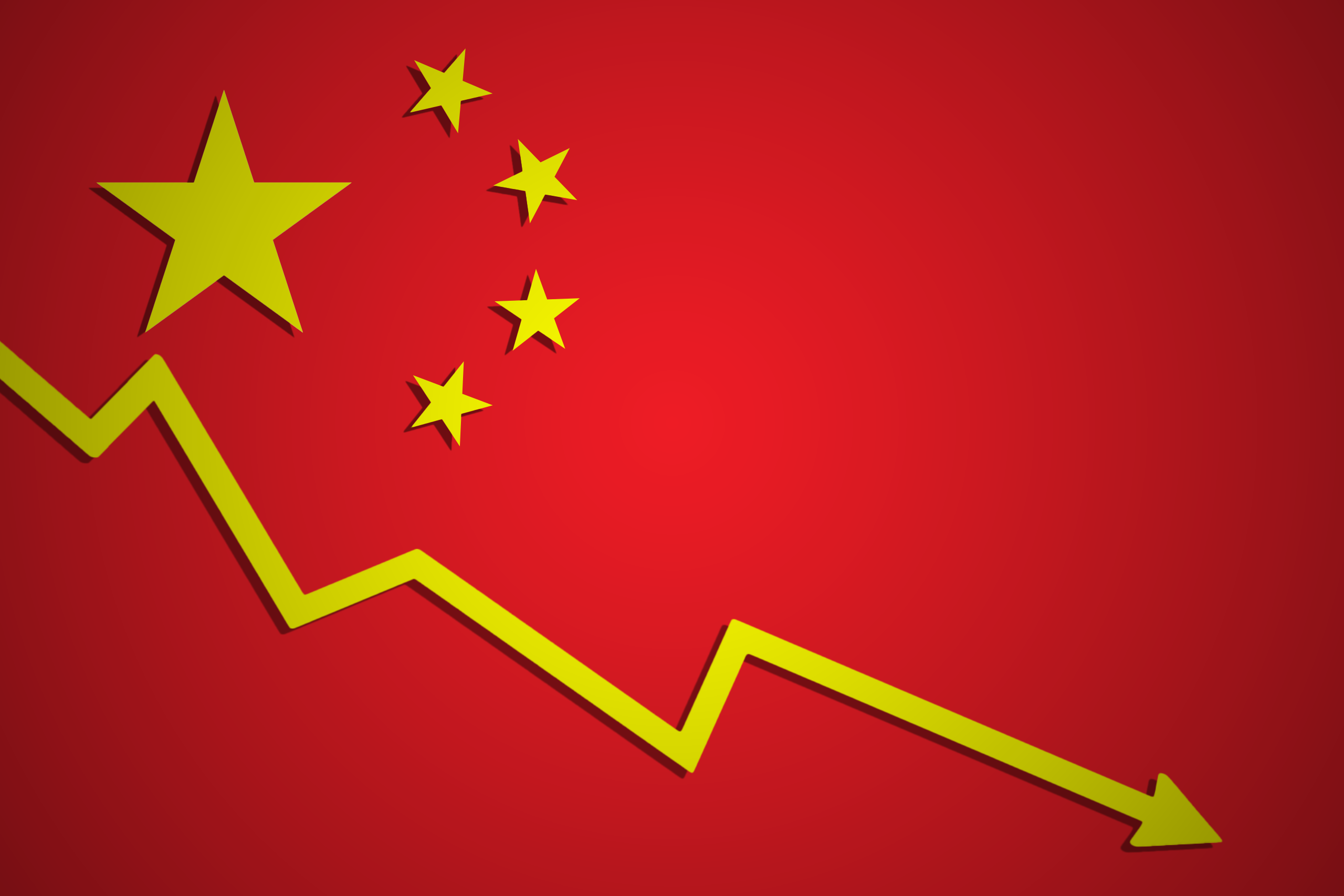China is grappling with a deepening trust crisis, as fraud infiltrates industries from automobiles to pharmaceuticals. Deceptive practices have left consumers disillusioned, with counterfeit goods and scams targeting citizens and businesses alike.
This growing epidemic of dishonesty highlights a systemic issue, reshaping societal values and eroding trust across the nation and beyond.
Imagine purchasing a high-end imported car, only to uncover that its luxurious Bowers & Wilkins sound system was nothing more than an ingenious counterfeit. This startling discovery, made by a Volvo owner, was far more than a case of deceptive advertising—it became a glaring reminder of the erosion of consumer trust in China.
When this revelation exploded on Chinese social media, it triggered a frenzy of car owners inspecting their own vehicles, leading to shockingly similar findings.
One vigilant car owner pointed out that the emblem, which should display a sleek “W,” was instead composed of two connected “V” shapes. To make matters worse, some logos were crafted using four “V’s”—a deceit that ran deep. Yet, when disgruntled buyers examined their contracts for legal recourse, they faced an unsettling truth: nowhere did the documents explicitly guarantee an authentic Bowers & Wilkins sound system. Instead, the paperwork slyly promised only a “Bowers Audio” system, a wording that skirted the legal boundary of fraud.
Despite the rampant fraud and scams, the Chinese government’s response remains inadequate. Local authorities often prioritize economic growth over consumer protection, while investigations into fraudulent businesses are suppressed or ignored. Crackdowns, when they occur, are largely politically motivated rather than meaningful reforms.
This scandal is just a fraction of the pervasive deception that plagues the Chinese marketplace, spanning industries from automobiles and pharmaceuticals to construction and daily consumer goods. For many citizens, these fraudulent practices are not merely financial betrayals but stark indicators of deeply ingrained cultural and systemic dishonesty.
A prominent car maintenance blogger shared his perspective on the issue, stating that counterfeit speakers were merely the “tip of the iceberg.” At least fake speakers don’t pose a direct threat to human life, he pointed out. Yet, car manufacturers have reportedly tampered with more critical components—steel quality, engine performance, and even airbags—underscoring a brutal truth: if there’s money to be made, someone will exploit the opportunity.
The pharmaceutical industry appears to be facing even graver concerns. A widely circulated video showcased a consumer opening a package of ChraJidu capsules, a traditional Chinese medicine product, only to discover that the pill casings were entirely empty, lacking any actual medicine.
Capsule after capsule revealed the same issue, prompting the consumer to express his disbelief and frustration over such practices, questioning how many individuals might unknowingly rely on these products, believing they are receiving treatment.
Adding to the irony, the phrase “Chinese people don’t scam Chinese people” has gained traction online—not in earnest, but as a bitter joke. The reality is stark: many scams deliberately target fellow citizens, extending far beyond defective products. Homeowners routinely fall prey to contractors who cut corners, and elderly individuals are often coerced into purchasing overpriced and ineffective health supplements from supposedly trusted family acquaintances.
A business owner recounted a disappointing experience involving relatives hired to clean his showroom. The cleaning team failed to perform their duties adequately, and when approached about it, they claimed he was being unreasonable. Ultimately, the owner had to pay twice—first to the relatives and later to another team to correct their work, leaving him regretful about trusting familiar faces for the task.
Unfortunately, this erosion of trust is not confined to China. Chinese consumers abroad have reported similar scams by fellow Chinese business owners. In Vietnam, a businessman was shocked when a Chinese-run logistics firm charged him five times the local rate for a mere 5-kilometer delivery. “They say, ‘Come find me, I’m from your hometown, I’ll help you,’ but these are the people who scam you the hardest,” he said.
In Africa, the stakes are even higher. A Chinese investor learned this harsh lesson when his business partner—a fellow Chinese national whom he trusted—plotted against him. The partner fabricated an assault accusation, fled back to China, and left the investor cut off from his factory entirely. “Choosing the wrong partner can ruin you in China. In Africa, it’s even worse,” the investor admitted.
For millions of consumers, the grim realization is that their greatest financial risks don’t stem from the broader economy but from their own countrymen. As long as deception remains an accepted cost of doing business, China’s trust crisis will only deepen.
Despite the rampant fraud and scams, the Chinese government’s response remains inadequate. Local authorities often prioritize economic growth over consumer protection, while investigations into fraudulent businesses are suppressed or ignored. Crackdowns, when they occur, are largely politically motivated rather than meaningful reforms.
Corruption within regulatory bodies compounds the issue, allowing dishonest companies to operate unchecked for years before facing any repercussions. Even then, executives frequently evade severe punishment, further weakening public trust.
The media’s limited freedom only exacerbates the problem, as major scandals rarely come to light unless they become too massive to ignore.
This widespread culture of deception is reshaping societal values. Many young professionals openly express cynicism, believing that in a dishonest system, being honest is a recipe for financial ruin. “If you don’t scam others, you’ll be the one getting scammed,” one entrepreneur remarked. “Trust is dead.”
For millions of consumers, the grim realization is that their greatest financial risks don’t stem from the broader economy but from their own countrymen. As long as deception remains an accepted cost of doing business, China’s trust crisis will only deepen.









Comment